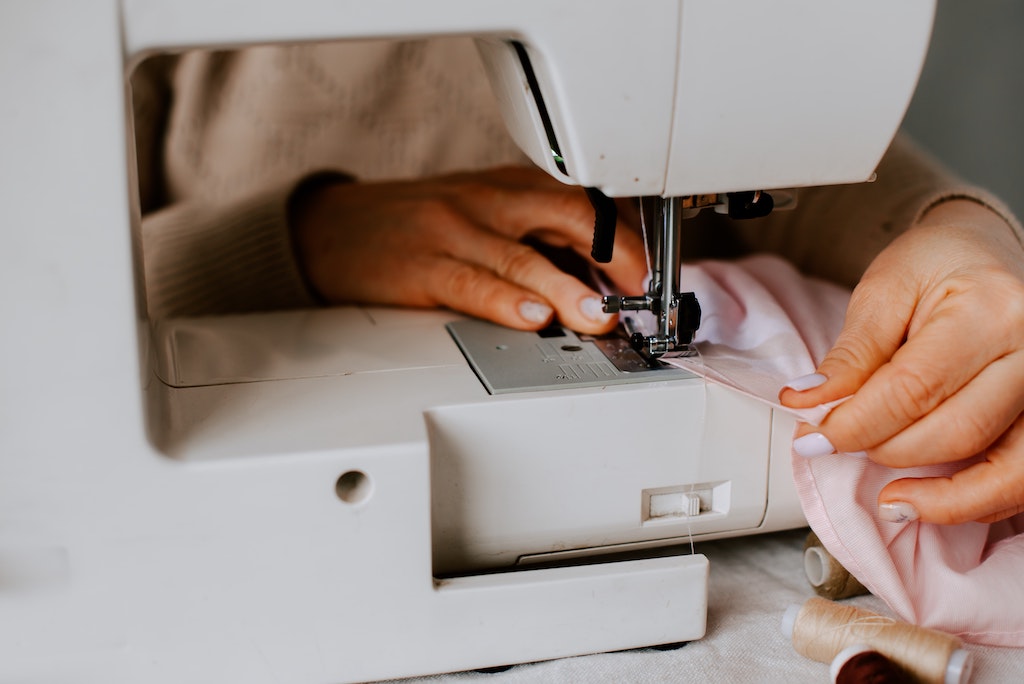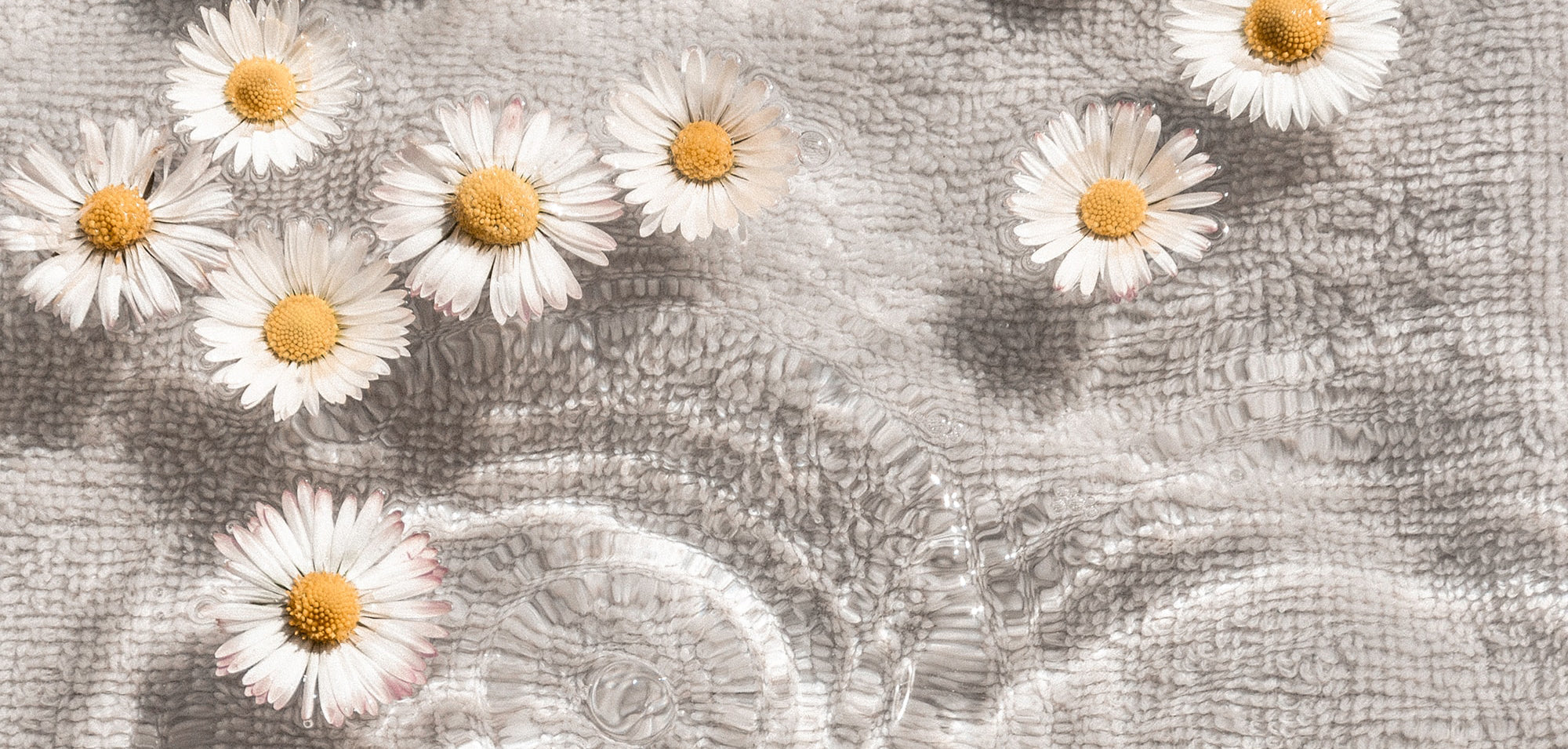
FAST FASHION, WORKERS & THE ENVIRONMENT
Happy International Women's Day!!
National Women's History Month was established to draw attention to and improve the focus on women in historical studies. It began in New York City on March 8, 1857, when female textile workers marched in protest of unfair working conditions and unequal rights for women. It was one of the first organized strikes by working women, during which they called for a shorter work day and decent wages.
Our purchasing decisions have an enormous impact on women all around the world. Women currently make up 80-90% of sweatshop workers earning less than $3 a day. Therefore, there's a good chance that women and girls stitched the majority of our clothing. So, we think it’s worth pausing for a moment to consider those women. When we are able to support businesses making ethical choices for workers and the environment, we are contributing to the growth of healthy, conscious companies investing in women.
While necessary for us to learn about, subjects like this can often leave us feeling helpless in the face of a steady stream of doom and gloom predictions. However, I truly believe there's hope and know that progress is already being made. The ethical fashion industry is growing at a rate of around 7-8% annually and is expected to reach 9.7% annually by 2025- proof that consumer demand is changing company priorities.
What can you do?
Daily, most of us have limited time, mental energy, or finances to truly devote to changing our buying habits. Ultimately, large corporations have to change, but we also know that consumer pressure has been proven to challenge corporations and their operations. So, it's worth taking a moment to consider how we can personally have an impact.
When deciding what tweaks to make in our lives, it is more impactful to focus on the important issues first and implement solutions gradually rather than overnight. Sustainability is only possible when it's... well, sustainable.
Change your buying language when it comes to “want” versus “need”
Trying to decide what you need, when or where to shop? I have been living by this graphic for years, and it has saved me from purchasing unnecessary items, clothing, gadgets, etc. It's also challenged me to look for items used wherever possible and made me hyper-aware of the mountains of waste my household has avoided.

BUY LESS, BUY USED
After years of making incremental changes, avoiding fast fashion trends, buying used, and investing in sustainable brands - I’ve drastically slowed down my clothing waste. Sites like Poshmark, Depop, Thredup, Mercari and Kidizen are some of the best ways to find adult and kids' clothing second-hand, and at affordable prices. When I stick to brands I know and love, I often have good luck finding items that fit. A good friend of mine is a pro at this, too. She'll visit stores like Madewell, Patagonia, etc., look for items she likes, make notes of item numbers and sizing, and then purchase used online, reselling what doesn't work out.
Local to Nashville? Nashville has a growing vintage store community as well, and shops like Plato's Closet and Buffalo Exchange will accept gently used, in-style items for money or store credit.
CAN'T FIND IT USED? INVEST IN BRANDS THAT LAST
Women often play a critical role in social and economic development. Research has shown that when women are given financial opportunities, they typically invest a higher proportion of their earnings in their children and families, benefitting households as a whole. Conscious business development recognizes that women are not lacking in knowledge or skills - they just don't have the money to get out of poverty.
Thinking about a $10 T-shirt that will fall apart in a few months? Make a commitment to invest in clothing that lasts from companies that are transparent and investing in women. While I mostly buy used, I do invest in more sustainable clothing items as well, and those items always end up lasting me a long time. Not to mention I have saved SO much money not giving in to trends and finding my own style. Some brands I personally love are Everlane, Outerknown, Whimsy & Arrow, Pact, Boody, Patagonia, Nisolo, Reformation, and Christy Dawn.
Looking for a resource for sustainable fashion? Check out The Good Trade and Good on You.
Download the Good on You app which makes checking a brands impact on people and the planet much easier.

COMPOSTING AND RECYCLING YOUR TEXTILES
Fast fashion and overconsumption have put the fashion industry as the second most polluting industry in the world, behind oil.
Most clothing these days are made with synthetic materials like polyester, rayon, nylon, or spandex, which will take hundreds of years to break down. However, cotton, silk, wool, cashmere, hemp, bamboo, and linen can all be composted as long as they are not mixed with synthetics!
Here is a how-to from 1MillionWomen
Step 1: Make sure that the item is made entirely from organic or natural fibers with natural dyes.
Step 2: Make sure the garment doesn't have paint or other non-compostable chemicals on it.
Step 3: Remove all trims made of synthetic materials, like zippers, labels, buttons, etc.
Step 4: Cut up the fabric into small pieces to ensure quick breakdown.
Step 5: Toss the fabric pieces into your compost bin or send to an industrial compost facility like Compost Company.
CAN'T COMPOST? REPAIR OR RECYCLE THE REST
I'm grateful that I own a sewing machine and had a grandmother who showed me how to make and repair clothing, but I realize that is not the majority of America! However, there are so many resources available now, including YouTube, where you can learn how to extend the life of your wardrobe. I hem my clothes, hand sew buttons, patch shoes or holes by getting creative and spending intentional time learning to repair.
Turnip Green Creative Reuse in Nashville, occasionally offers clothing repair classes.
Smart Art & Crafts in Nashville, provides employment opportunities to adults with disabilities by selling reused arts and crafts supplies. They sell many items that can be used for repairing clothing and garments.
When you can't repair it? Recycle it!
H&M will accept your textiles in-store to be recycled.
ReTold recycling offers bags for sale that you fill up at home with items you can no longer donate.
Patagonia repairs your items or recycles and sells used Patagonia products in its stores.
Thred Up will also recycle items you send in that cannot be resold.
Nike will take back any brand of tennis shoe.
Teva will take back their shoes via TerraCycle for free.
WANT TO DEMAND MORE? ASK COMPANIES "WHO MADE MY CLOTHES"
Never underestimate your potential impact to create change! In the time that I've owned this store, we have helped multiple companies move towards more sustainable practices just by starting conversations! Email companies you love directly, letting them know where you want to see improvements in sustainability and transparency.
Fashion Revolution has become one of the largest fashion activism movements. Join them in asking companies "who made my clothes."
Read more about their work here




Leave a comment
This site is protected by hCaptcha and the hCaptcha Privacy Policy and Terms of Service apply.